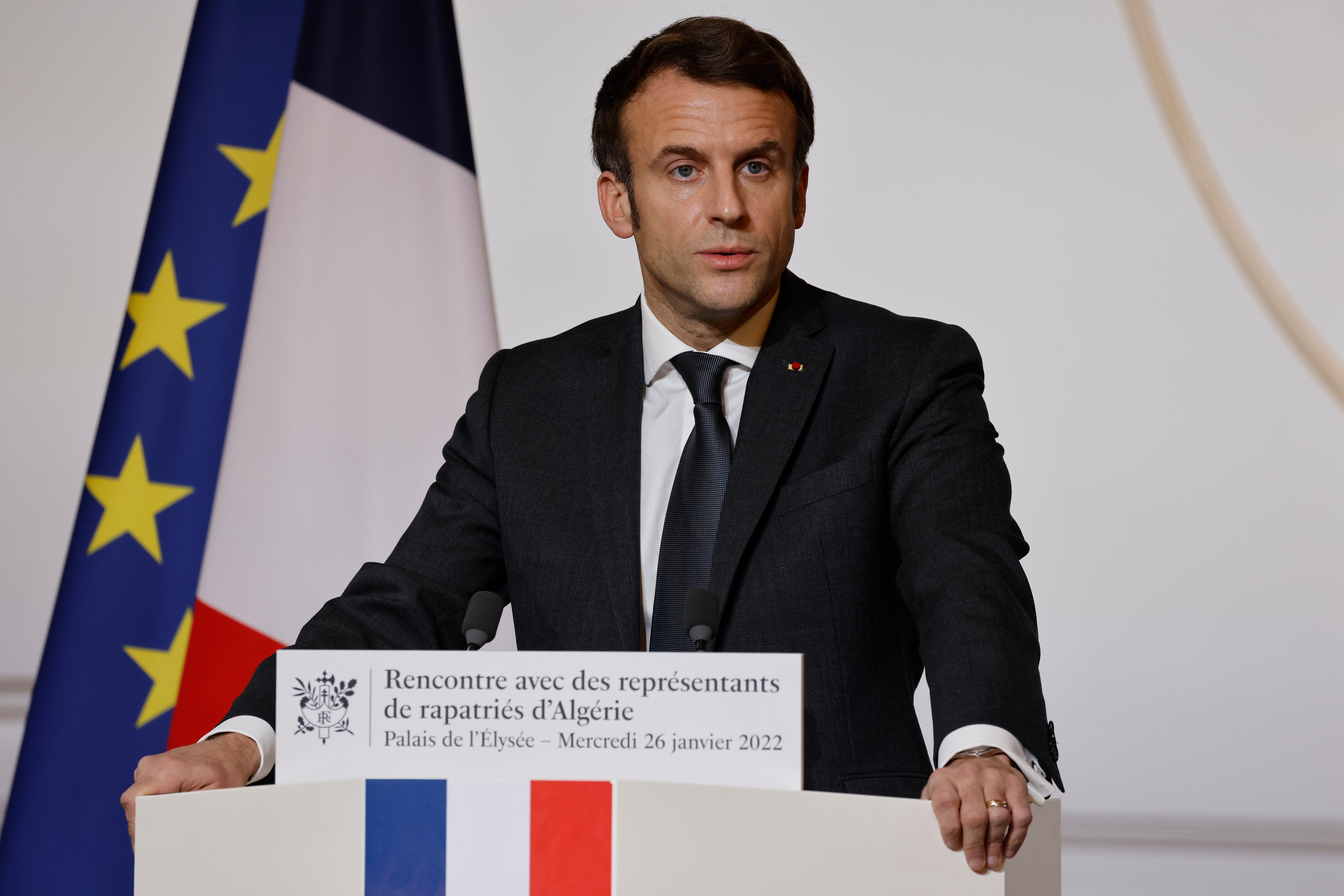Priti Patel falsely tells MPs most Channel boat passengers are not asylum seekers
Home secretary lashes out at ‘economic migrants’ after Home Office report says almost all boat passengers claim asylum
Your support helps us to tell the story
From reproductive rights to climate change to Big Tech, The Independent is on the ground when the story is developing. Whether it's investigating the financials of Elon Musk's pro-Trump PAC or producing our latest documentary, 'The A Word', which shines a light on the American women fighting for reproductive rights, we know how important it is to parse out the facts from the messaging.
At such a critical moment in US history, we need reporters on the ground. Your donation allows us to keep sending journalists to speak to both sides of the story.
The Independent is trusted by Americans across the entire political spectrum. And unlike many other quality news outlets, we choose not to lock Americans out of our reporting and analysis with paywalls. We believe quality journalism should be available to everyone, paid for by those who can afford it.
Your support makes all the difference.Priti Patel has falsely told MPs that most migrants crossing the English Channel are not asylum seekers, after the Home Office’s own report said “almost all” are.
In a combative session of the Home Affairs Committee on Wednesday, the home secretary was questioned on the government’s strategy for reducing small boat crossings and providing alternative routes.
Conservative MP Tim Loughton pointed out that the number of migrants reaching the UK on small boats had tripled in 2021 to 28,000, and asked what alternative routes were available to them.
“We have people coming from Syria and Afghanistan, we do have the work of the Afghanistan resettlement scheme - that is a safe and legal route that has been stood up,” the home secretary replied.
Mr Loughton repeatedly asked what was offered to asylum seekers from countries other than Syria and Afghanistan.
“For economic migrants they don’t need safe and legal routes because they should be claiming asylum in many of the other countries they’re travelling through,” Ms Patel said.
“The majority of them are people that are not claiming asylum or fleeing persecution.”
The Home Office’s most recent asylum statistics, released in November, said “almost all” people who arrive on small boats claim asylum.
Two thirds of all applications were granted on the first decision, while half of appeals were successful.
Ms Patel repeated that people crossing the Channel “should be claiming asylum in other countries”, but the UN Refugee Agency (UNHCR) has said it is not a requirement under the Refugee Convention or any other international law to seek protection in the first safe country.
Mr Loughton asked: “What safe and legal route is available if you’re not an Afghan, not Syrian, not on one of those specialist schemes and if you are genuinely fleeing from danger and would be likely to be granted asylum status?”
The home secretary said new safe and legal routes were being created but did not provide any detail, and admitted: “We don’t currently have those routes in place.”
British law means that anyone seeking to claim asylum in the UK must be physically present in the country.
There is no asylum visa and campaigners say existing resettlement schemes are insufficient.
In an interview with French newspaper La Voix du Nord published on Tuesday, French president Emmanuel Macron said there was “no legal route” to cross the Channel, and urged the UK to “reopen a path to legal asylum requests”.
Asked for her response to the comments, Ms Patel said: ”Mr Macron's comments are wrong. They're absolutely wrong.”

The home secretary rebuffed a suggestion, reportedly backed by France’s Republican party, to allow UK asylum claims to be processed at French reception centres to stop people crossing the Channel.
Ms Patel said the change would “make France a big magnets for more migrants to come”.
In the same Home Affairs Committee session, she refused to admit that Channel crossings by asylum seekers who are aiming to reach port or be intercepted are not illegal.
The Court of Appeal confirmed that refugees were not committing the offence of illegal entry in those circumstances in December, but Ms Patel and other ministers have continued to brand all small boat crossings “illegal”.
Scottish National Party MP Stuart McDonald asked the home secretary about the judgment, saying: “Do you accept that the Court of Appeal said that the vast majority of crossings are not illegal? It’s an important point because you keep saying it.”
Ms Patel refused to acknowledge the ruling and replied: “The work of this government is to deter illegal entry and illegal migration.”
Mr McDonald told her the government was “deterring things that aren’t illegal”.
During a separate court case over an unlawful Home Office policy to seize asylum seekers’ phones, a lawyer representing the home secretary admitted a previous “misunderstanding” over the law last week - but said it had been “clarified”.
But the government has not publicly acknowledged the cases, as Ms Patel and other ministers continue to label the desperate journeys “illegal” in parliament.
Bella Sankey, the director of Detention Action, said: “The home secretary and attorney-general demean their office, and mislead parliament and the public, by falsely claiming those crossing the channel have broken the criminal law.
“That they continue to do so, in defiance of a Court of Appeal judgement, shows once again the disrespect this government has both for the law and for the truth.”





Join our commenting forum
Join thought-provoking conversations, follow other Independent readers and see their replies
Comments